Nativism Among Americans in the Early 1900s Was
Find more answers Ask your question New questions in Social Studies. A group that lived or worked together in a larger community.
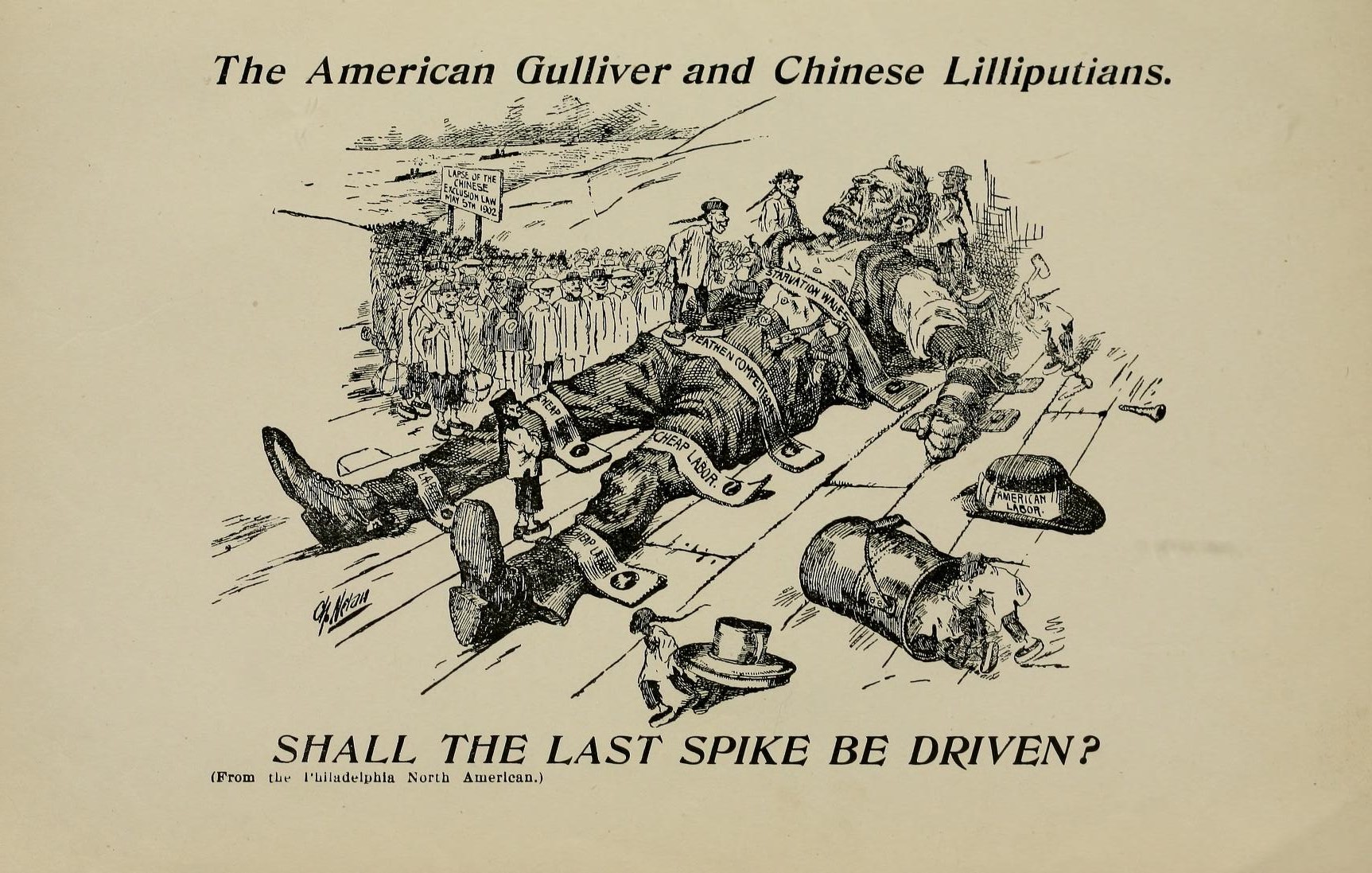
Nativism Then And Now Charles Kurzman
This struggle for Native American rights continues today as.

. A group that lives or works together in a larger community Nativism among Americans in the early 1900s was the belief that immigrant groups were inferior. Advertisement Survey Did this page answer your question. Nativists felt that immigrants were ruining American society for multiple reasons including.
The belief that immigrant groups were inferior. Consequently this rise in immigration resulted in a rise of American nativism. Not at all Slightly Kinda Very much Completely Still have questions.
Such fears have often emanated from cultural differences. Nativism among Americans in the early 1900s was a groups shared beliefs values and ways of life. They reacted to the rapid social changes of modern urban society with a vigorous.
Transformation and backlash in the 1920s. Discuss why nativism arose from 1900-1930 and what happened as a result of it. Nativism among Americans in the early 1900s was a groups shared beliefs values and ways of life.
A group that lived or worked together in a larger community. Nativism is the political position of preserving status for certain established inhabitants of a nation as compared to claims of newcomers or immigrants. It is characterized by opposition to immigration based on fears that the immigrants will distort or spoil existing cultural values.
Nativists viewed new immigrants as racially inferior and feared that the superior anglo-saxon stock would be outnumbered and outvoted. Which of the following was a common problem in tenement buildings in the early 1900s. The goal of bringing Native Americans into civilized white society backfired as white-educated Native Americans and those increasingly familiar with white society laws and government started organizing and fighting alongside whites for Native American rights to land religion and education in the early 1900s.
Nativism arose during this period for several reasons. Nativism is the political position of preserving status for certain established inhabitants of a nation as compared to claims of newcomers or immigrants. Crowded apartment buildings where two-thirds of the citys population lived Nativism among Americans in the early 1900s was the belief that immigrant groups were inferior.
It is characterized by opposition to immigration based on fears that the immigrants will distort or. The act of separating one group from another group. A person who is not a citizen but wants to become one has to meet the requirements and go through the US.
Nativism was a belief among Americans that focused around being anti-immigration. Poor ventilation due to the lack of windows Sets found in the same folder Boom and Bust. Nativism among Americans in the early 1900s was a groups shared beliefs values and ways of life.
The belief that immigrant groups were. Naturalization is the legal process by which non-natives become American citizens. ExplanationNativism among Americans in the early 1900s was a groups shared beliefs values and ways of life.
1 Taking jobs away from American citizens- Many immigrants were willing to work for less money in comparison to an American citizen. The act of separating one group from another group. The belief that immigrant groups were inferior.
In the 1800s and well into the 1900s many native-born American Protestants believed that Irish Catholicsand slightly later other predominantly Catholic groups such as Italianswere incapable of democracy because of. Nativism among Americans in the early 1900s was a groups shared beliefs values and ways of life. While prosperous middle-class Americans found much to celebrate about a new era of leisure and consumption many Americansoften those in rural areasdisagreed on the meaning of a good life and how to achieve it.
Nativists believed that people born in the United States were better than immigrants. Which of the following best describes an enclave. The act of separating one group from another group.
By the first decade of the twentieth century immigrants constituted almost sixty-six percent of the total inflow of people into urban America and America had officially made its reputation as the melting pot of the world. THIS SET IS OFTEN IN FOLDERS WITH. The belief that immigrant groups were inferior.
A group that lived or worked together in a larger community. American Nativism 1900-1930. The belief that immigrant groups were inferior.
This was especially true for jobs in factories.
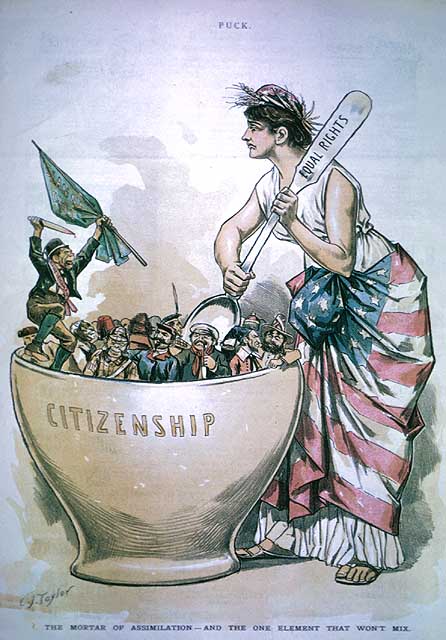
Nativism Then And Now Charles Kurzman
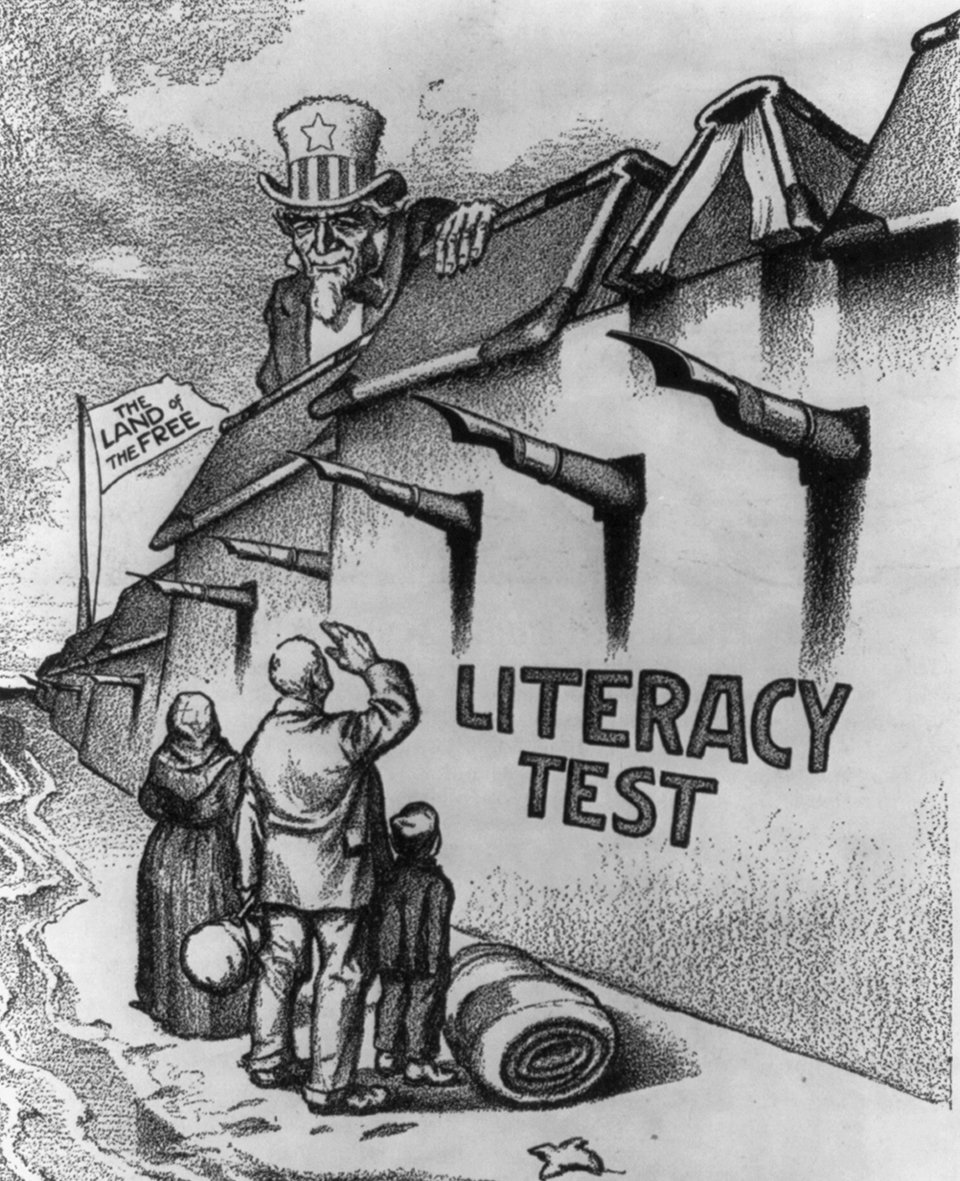
Nativism And Racism Global Boston
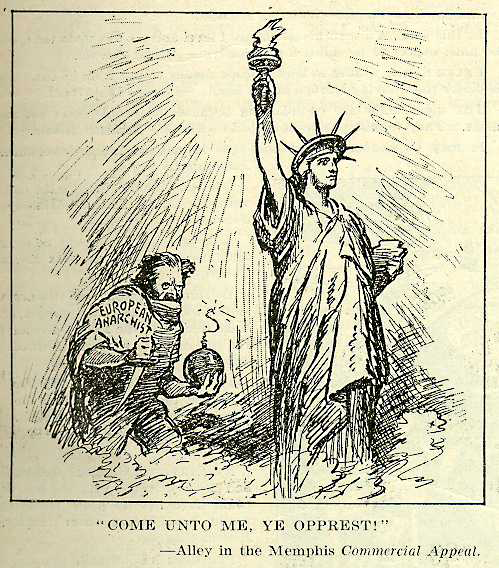
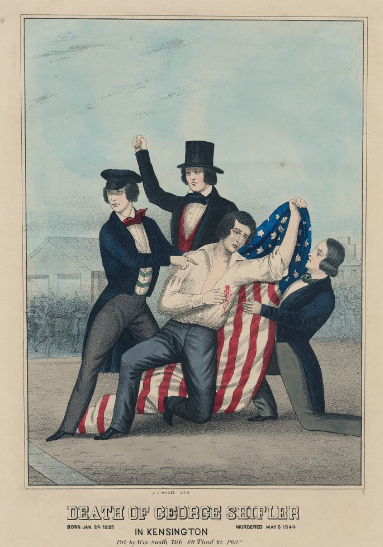
Comments
Post a Comment